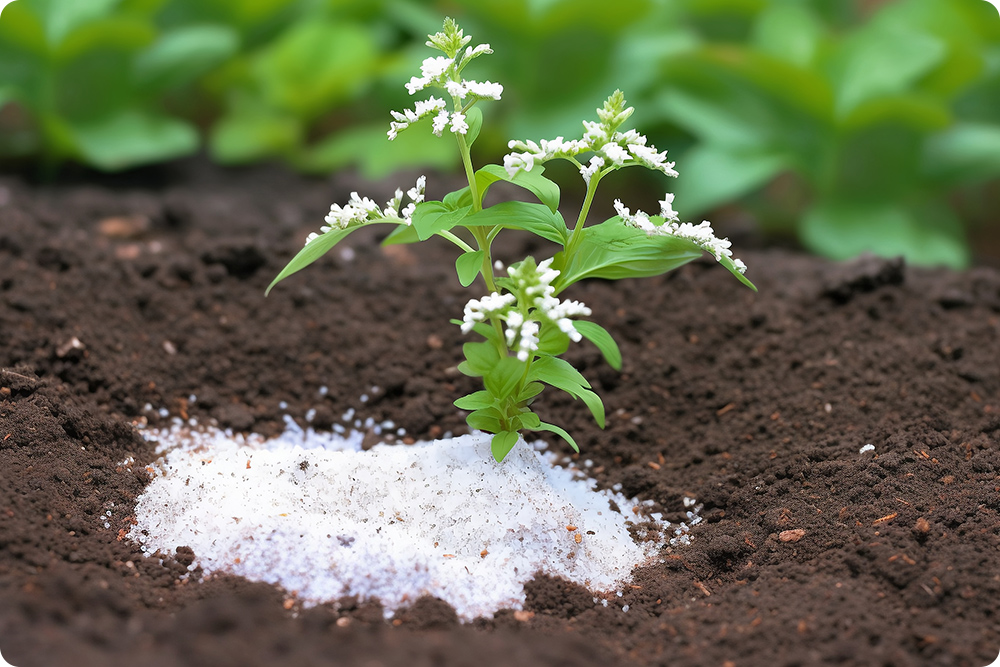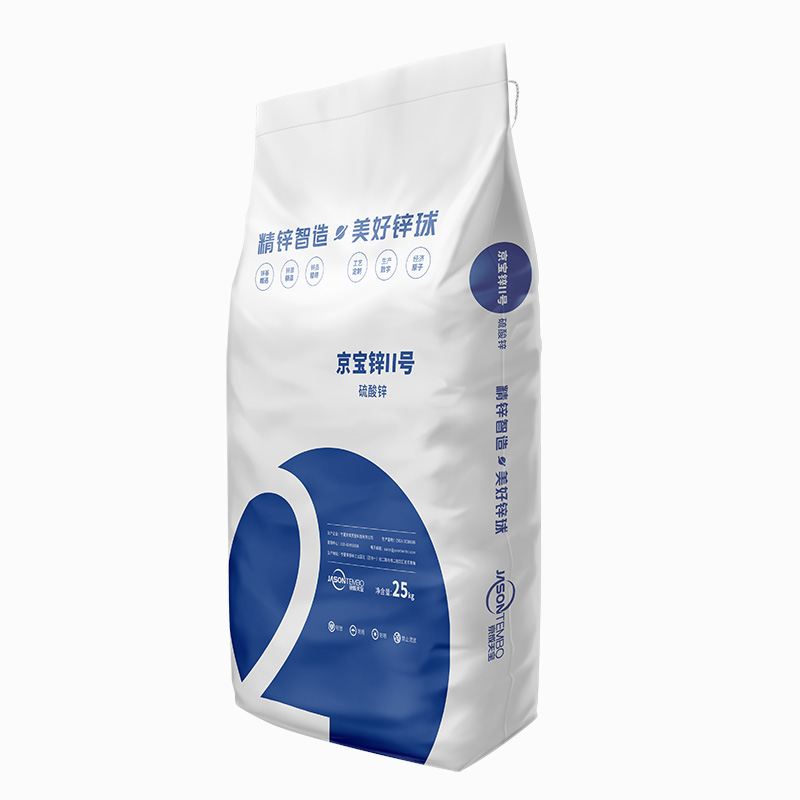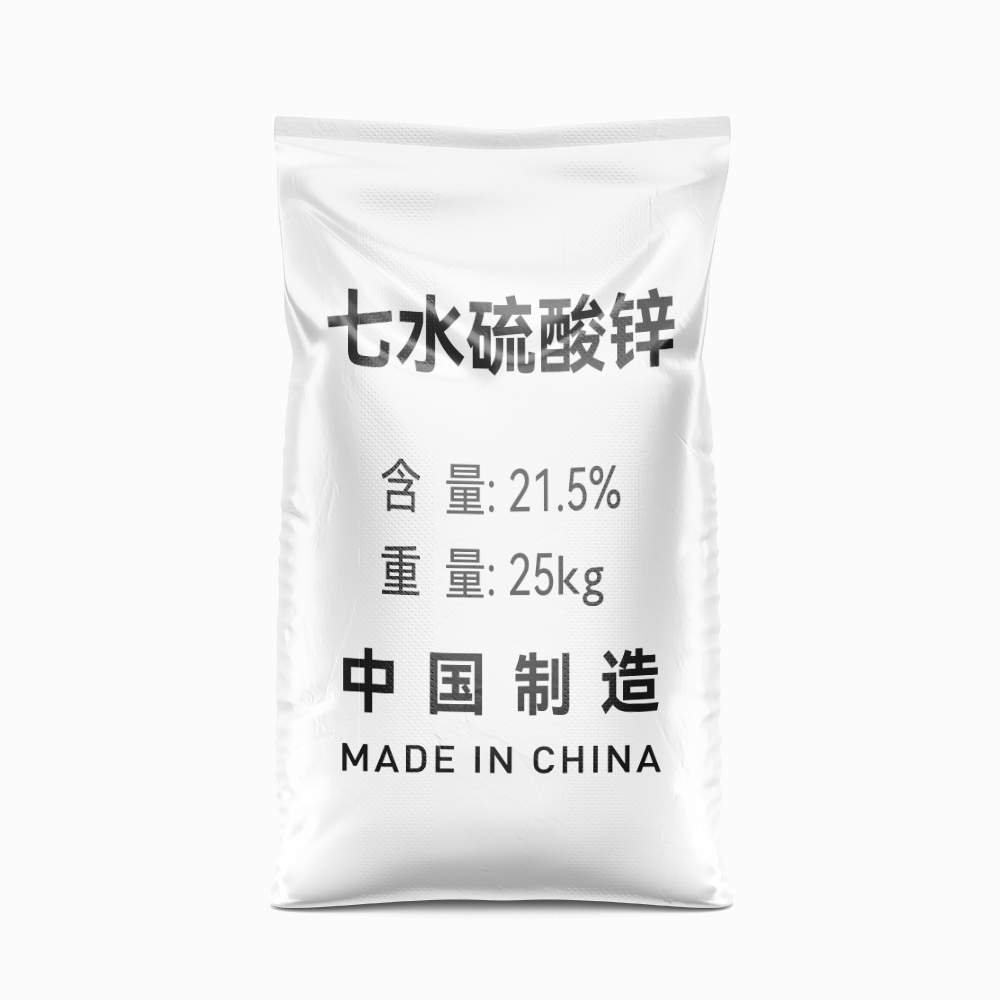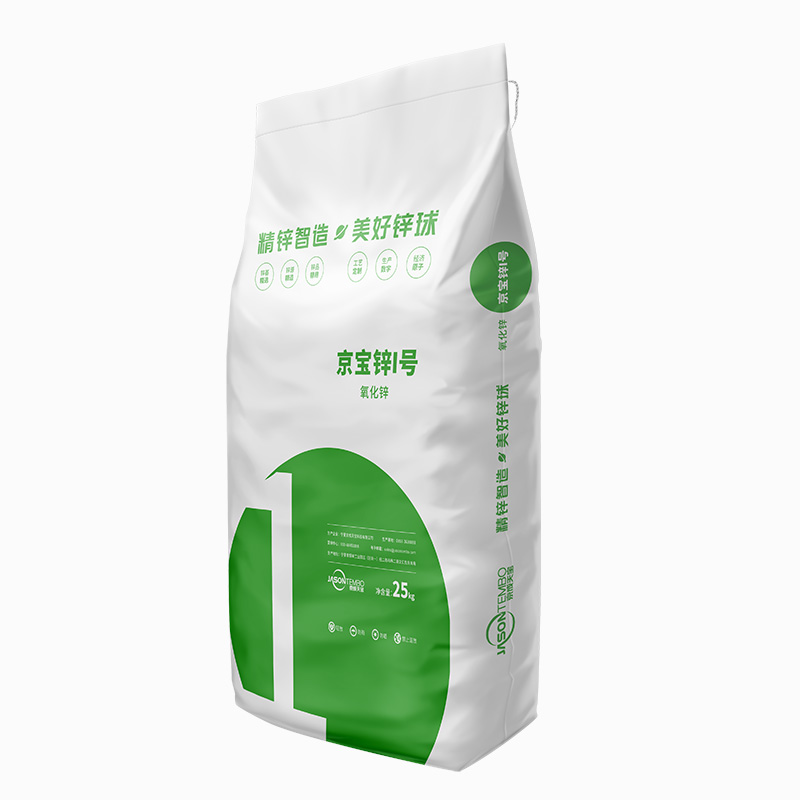

Zinc sulfate is widely used in agriculture as fertilizer and compound fertilizer as a supplement to zinc and as an insecticide to prevent fruit tree diseases and pests. The usage methods include basal fertilizer, foliar spraying fertilizer, soaking seeds, and seed mixing. When plants are deficient in zinc, growth is hindered, the plants are short, internode growth is severely hindered, and leaf veins lose green or turn white. The new leaves have gray green or yellow white spots. The symptoms of zinc deficiency in vegetables include shortened internodes, stunted plant growth, loss of green leaves, some leaves not being able to unfold properly, poor root growth, and few or deformed fruits. Specific functions:
1. Zinc sulfate contains sulfur and zinc elements, which can provide nutrients during crop growth.
2. Zinc is a component of various enzymes that can promote the formation of chlorophyll, protein, and ribonucleic acid in crops; Sulfur is an essential raw material for the synthesis of nutrients such as amino acids, proteins, and cellulose in crops.
3. Zinc can promote the formation of auxin in crops, enhance the vitality of crop roots, promote the growth of crop stems and leaves, and improve fruit yield.
4. Zinc can promote the fixation of carbon dioxide during photosynthesis, which is beneficial for crops to utilize nitrogen and phosphorus.
5. After using zinc sulfate, it can effectively prevent and control corn white seedlings, grain deficiency, and baldness; Rice has stiff seedlings, uneven heading, and low seed setting rate; Wheat yellowing and uneven flower clusters; Small leaf disease and cluster leaf disease of fruit trees
Fertilizer catalysts, as an additive, can improve the effectiveness of fertilizers and promote the absorption and utilization of nutrients by plants.
Zinc oxide plays an important role in fertilizer catalysts due to its unique physical and chemical properties.
Firstly, zinc oxide has a high specific surface area and abundant active sites, which can provide more reaction active centers, thereby improving the activity of fertilizer catalysts.
Secondly, zinc oxide has good conductivity and photocatalytic performance, which can promote the reaction rate of fertilizer catalysts under light conditions and improve the utilization rate of fertilizers.
In addition, zinc oxide also has excellent stability and controllability, which can prolong the service life of fertilizer catalysts and reduce environmental pollution.
The application of zinc oxide in fertilizer catalysts has achieved significant results. For example, adding zinc oxide to urea synthesis catalysts can improve catalyst activity and selectivity, reduce reaction temperature and pressure, reduce energy consumption and environmental pollution. Introducing zinc oxide into ammonia synthesis catalysts can improve their stability and anti poisoning performance, and prolong their service life. In addition, zinc oxide can also be used as a modifier in other fertilizer catalysts, such as the synthesis of ammonium nitrate and ammonium dihydrogen phosphate.
The application prospects of zinc oxide are infinite, especially in the field of fertilizer catalysts. By using zinc oxide, we can improve agricultural production efficiency, reduce the use of pesticides and fertilizers, and reduce the impact on the environment.





